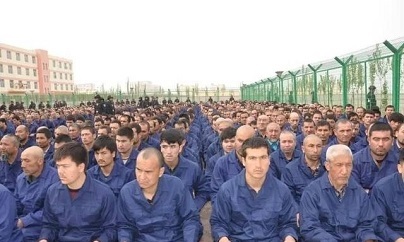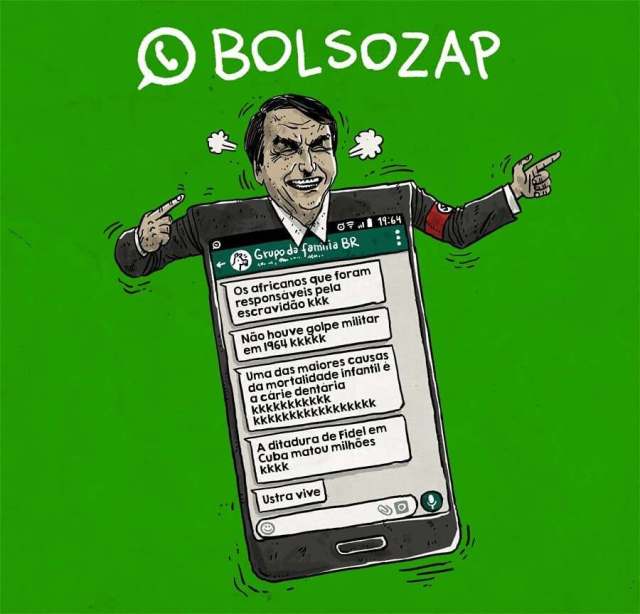Though it looks very different from other social justice movements, The movement to free Uighur Muslims living in China the current movement being joined and followed around the world. we mentioned this issue before but now let’s examine it with the context of social media and how that plays a role in the progress of the movement and also how the restrictions on social media hurt the movements potential of growth.

it is well known that China is heavily regulated when it comes to social media, having their own forms of many of our social medias and monitoring content for things such as Winnie the Pooh another language that goes against what leaders in the country believe. as a result, the concentration camps that Uighur Muslims have been put into. Currently at least 1 million Uighurs live in at least 85 concentration camps throughout China. Here they are subject to physical labor, harsh conditions, and tactics to try and force them to switch from being Muslim. Beyond this, little is known about what latest like in the camps because of the lack of social media allowed there. many of our photos come from satellite images and not from people actually experiencing life in these concentration camps.

Despite all these factors , there is still a social justice movement from younger populations 2 raise awareness within their own countries so that their political leaders will do something about China’s mistreatment of this population. For example, a woman named Samira Imin took to social media to raise awareness to free her father from one of these camps by filming a video and posting it everywhere. Whether social media activists have followed suit posting informational videos to spread awareness of the issue in the forms of tweets, Instagram stories, informational TikToks and beyond. Due to the trade agreements many countries have with China there is fear that no country will stand up to them and take action. In addition, this often raises concerns about how properly this information is being spread in mainstream media. This is why social media is key for spreading awareness towards the issue. Uighurs who are not in these camps but still live in China also try to promote awareness towards the issue and have dealt with censorship issues in the past as well as outspoken posters is being targeted. they’ve had to continually adjust to stay out of harm’s way, including changing the language used in their posts from traditional languages to Mandarin.



